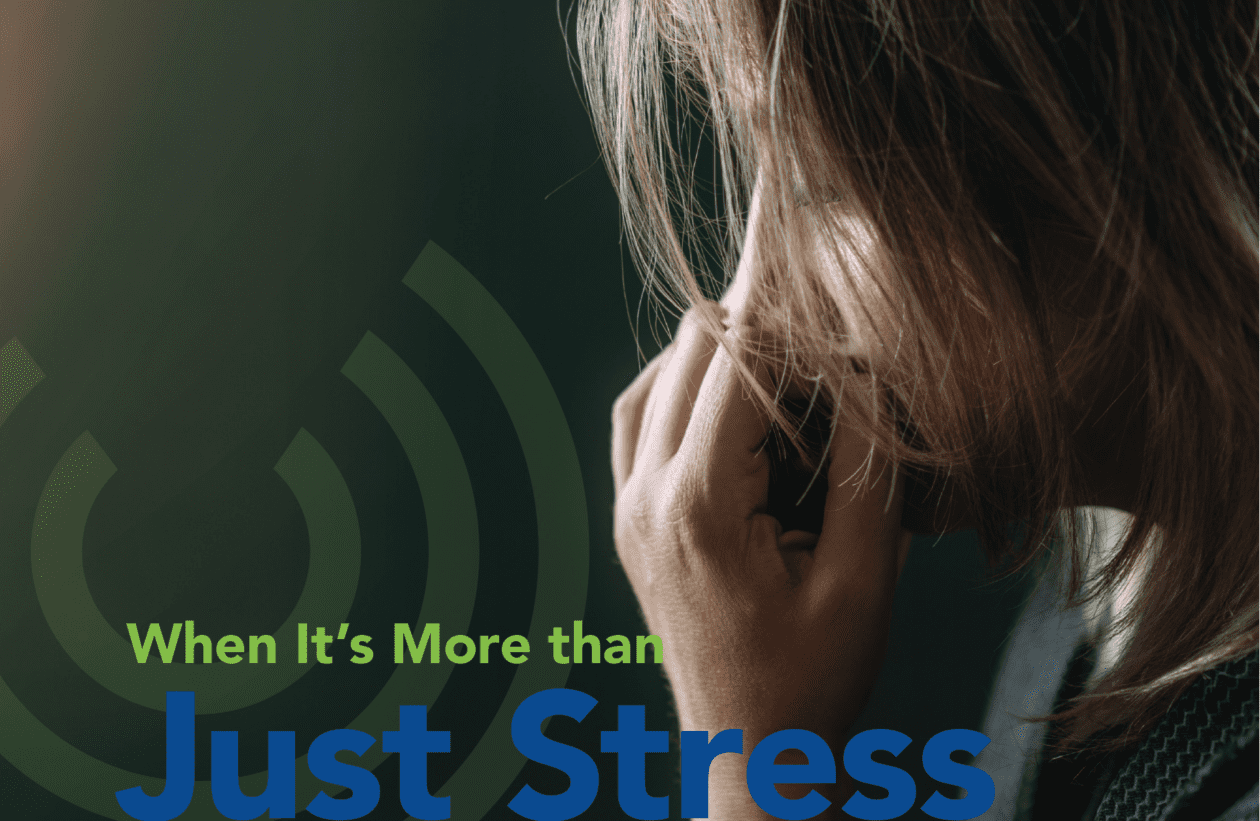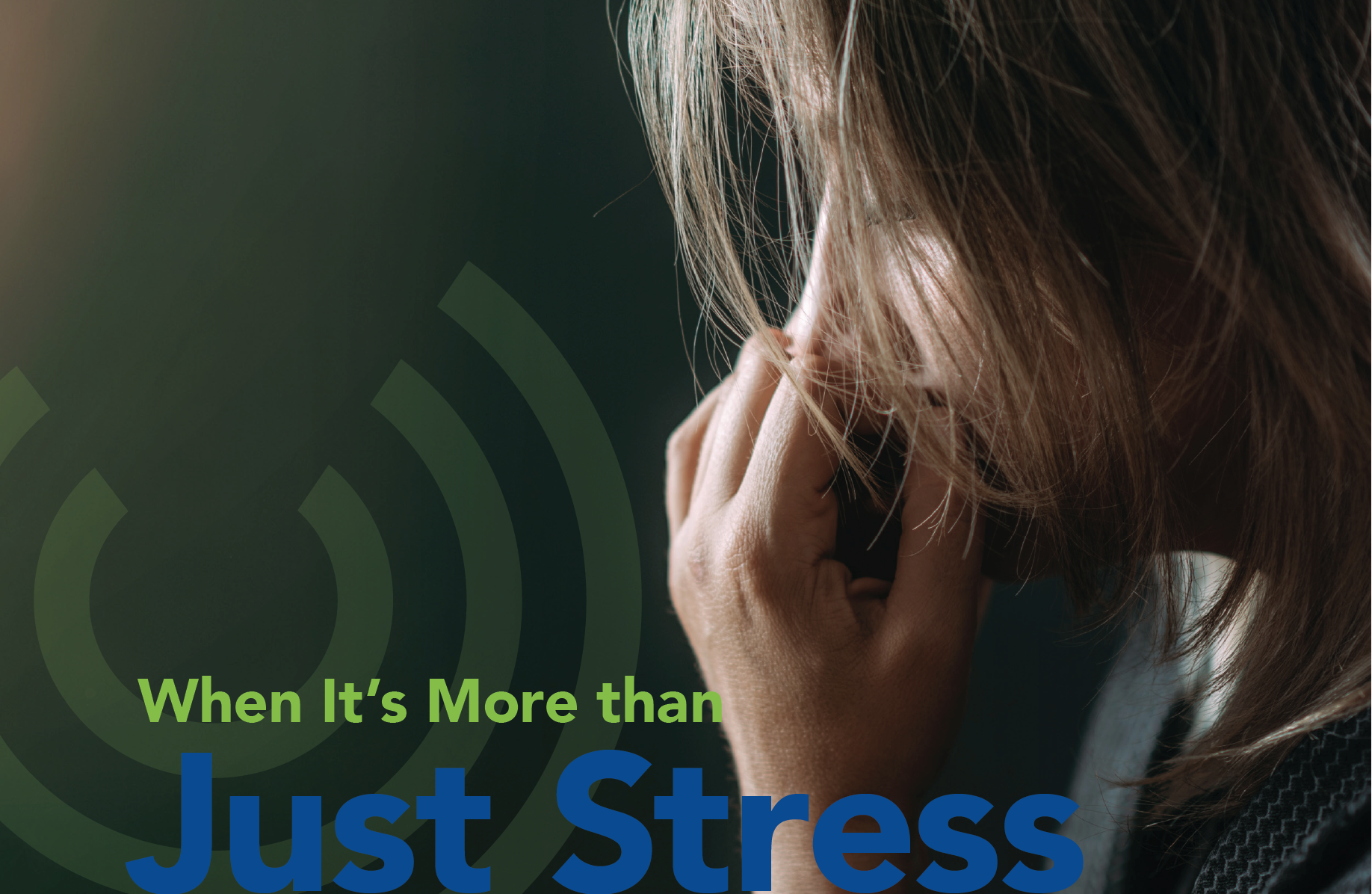

We often associate post-traumatic stress disorder (PTSD) with wars, natural disasters, and other life-threatening events. But post-traumatic stress (PTS), a less severe form, can occur at any time during or after cancer treatment, from diagnosis onward, and it can also strike parents of childhood cancer survivors.
Cancer diagnosis can cause normal stress reactions like having repeated frightening thoughts, being distracted or overexcited, having trouble sleeping, and feeling detached from oneself or reality. PTS symptoms are more pronounced and can include feeling defensive, irritable, or fearful; being unable to think clearly; experiencing more sleeping problems; avoiding other people; and losing interest in life. PTS symptoms can be triggered by smells, sounds, and sights that one had experienced during cancer treatment, even long after treatment has ended. And if left unaddressed, PTS can worsen into PTSD.
You can help protect yourself against PTS by getting good social support, learning about your stage of cancer, and having good communication with your healthcare providers. If you experience PTS, crisis interventions similar to those for PTSD can reduce stress. These include relaxation training, support groups, and (if symptoms are severe) medication. Talk to your doctor if you think you are experiencing PTS.
Keeping Our Brains Healthy
“What doesn’t our brain do for our body?” asks Wendy Hall, LCSW. “Our brain does everything that’s important to our functioning.” Hall outlines five ways that we can maintain a healthy brain.
1. Be socially active, whether in person or remotely. Some RBOI support groups continue to offer an online option to keep people connected.
2. Stay mentally stimulated. Puzzles and reading engage our brains. So do hobbies that involve hand-eye coordination, like knitting or woodworking.
3. Get enough sleep. Insufficient sleep affects both our mood and our reasoning ability. The National Institutes of Health found that volunteers who slept 8 hours outperformed those who slept only 6 or 7 hours when it came to learning a task.
4. Engage in healthy eating habits and make sure you are well-nourished. Writes Eva Selhub, MD, at Harvard Health, “What you eat directly affects the structure and function of your brain and, ultimately, your mood.”
5. Exercise is the most important way to maintain a healthy brain. “It can be daily walking,” Hall says. “Whatever we can start out with, whatever kind of exercise, is what we should do.”
Navigating a New Normal
The American Society of Clinical Oncology recommends the following for reducing stress:
• Avoid scheduling conflicts and give yourself enough space between appointments.
• Be aware of your limits and don’t feel guilty about saying “No.”
• Ask family friends, and coworkers for help with tasks.
• Prioritize your tasks and do the ones most important to you if you cannot do them all.
• Break your tasks down into smaller steps that are easier to handle.
• Concentrate on what you can control.
• Get help with financial problems by talking to an oncology social worker or a financial adviser.
RBOI’s social workers are here to support you, free of charge.
Call us if you need help: Amy Roberts, LCSW, at 352-732-0277 or Wendy Hall, LCSW, at 352-527-0106.

Write a comment: